Imagine a world where industrial production managers can effortlessly oversee complex manufacturing operations, effortlessly optimizing efficiency and productivity, all thanks to the power of Artificial Intelligence (AI). The potential impact of AI in the industrial sector is immense, promising to revolutionize the way production managers operate.
However, as with any disruptive technology, there are uncertainties that lie ahead. How will AI reshape the role of industrial production managers? What challenges will they face in implementing and integrating AI into their processes?
In this discussion, we will explore the uncertain future of AI and industrial production managers, shedding light on both the opportunities and obstacles that lie ahead.
Key Takeaways
- AI revolutionizes industrial production, enhancing efficiency and productivity.
- AI-powered machines work faster and more accurately than humans, increasing production rates and reducing lead times.
- Automation of repetitive tasks saves time and reduces the risk of human error.
- Collaboration between AI and human workers leads to improved efficiency and productivity.

The Role of AI in Industrial Production
AI is revolutionizing the field of industrial production, enhancing efficiency and productivity. In this uncertain future, you, as an industrial production manager, play a crucial role in harnessing the power of AI to optimize your supply chain and deploy AI-powered predictive maintenance.
With AI, you have the opportunity to transform your supply chain into a well-oiled machine. By leveraging AI algorithms, you can analyze vast amounts of data to predict demand patterns, optimize inventory levels, and streamline logistics. This allows you to make informed decisions, reduce costs, and improve customer satisfaction. AI can also help you identify potential bottlenecks in your supply chain, enabling you to take proactive measures and ensure smooth operations.
Furthermore, AI-powered predictive maintenance can revolutionize your approach to machinery upkeep. By continuously monitoring equipment performance and analyzing data in real-time, AI algorithms can predict when maintenance is needed, preventing costly breakdowns and reducing downtime. This proactive approach not only increases operational efficiency but also extends the lifespan of your equipment, saving you money in the long run.
However, embracing AI in industrial production also comes with challenges. As an industrial production manager, it’s essential to understand the limitations and risks associated with AI implementation. Ensuring data privacy and cybersecurity should be a top priority, as AI relies heavily on data collection and analysis. Additionally, investing in the necessary infrastructure and training your workforce to adapt to AI technologies is crucial for successful integration.
In this uncertain future, the role of AI in industrial production is undeniable. By leveraging AI to optimize your supply chain and implement predictive maintenance, you can unlock new levels of efficiency and productivity. Embrace this technological revolution and carve your path towards a bright future in industrial production.
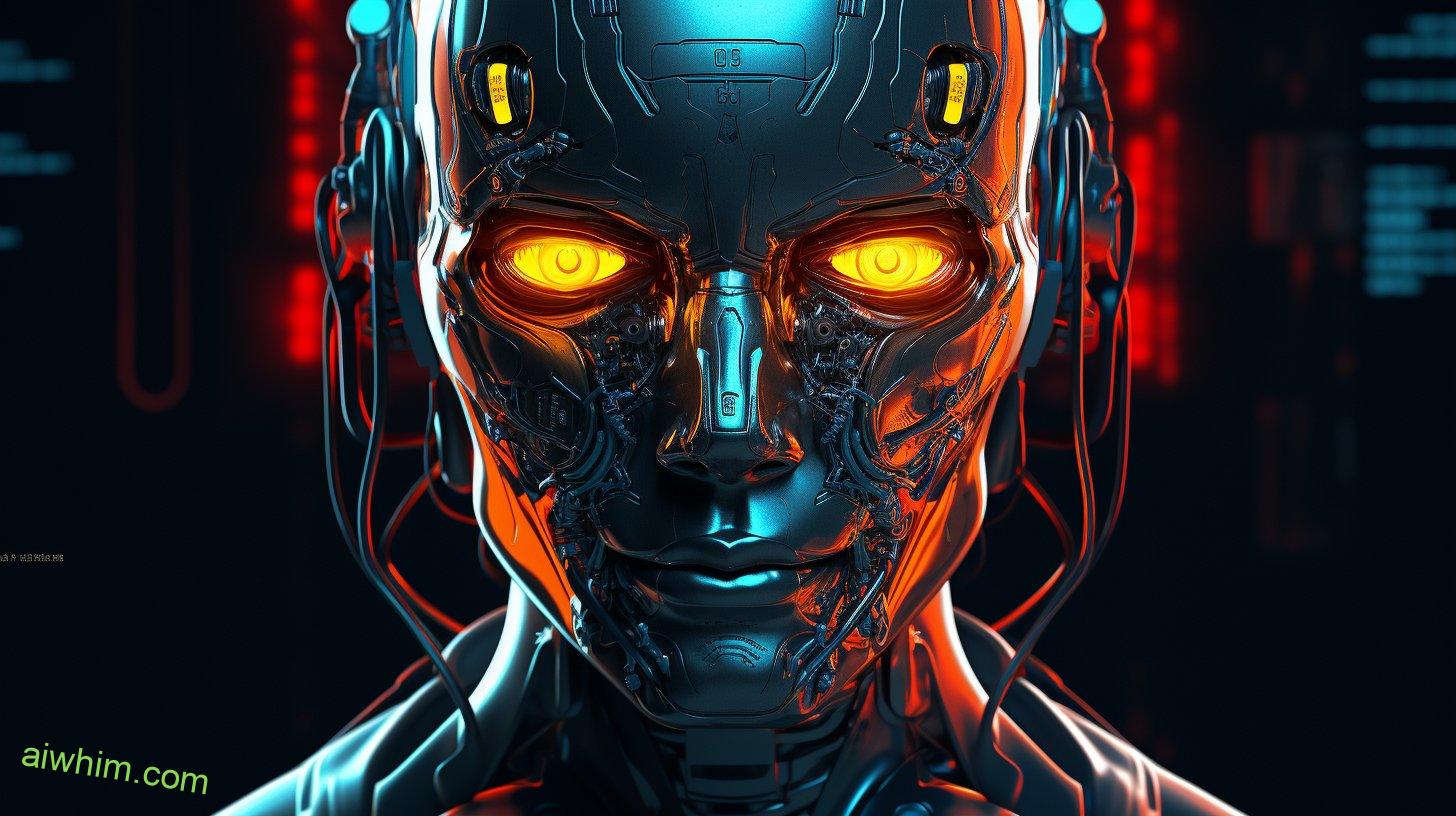
Advantages of AI in Manufacturing
With AI revolutionizing the manufacturing industry, you can unlock a multitude of advantages for your production processes. AI technology has the potential to greatly improve efficiency and reduce errors in manufacturing. By implementing AI systems, you can streamline your operations and achieve higher levels of productivity.
One of the key advantages of AI in manufacturing is its ability to improve efficiency. AI-powered machines can work faster and more accurately than humans, leading to increased production rates and shorter lead times. With AI, you can automate repetitive tasks, such as quality control inspections, assembly line operations, and inventory management. This not only saves time but also reduces the risk of human error.
AI can also significantly reduce errors in manufacturing processes. Machines equipped with AI algorithms can analyze vast amounts of data in real-time, detecting any anomalies or deviations from the standard operating procedures. By continuously monitoring production processes, AI systems can identify potential issues before they escalate into costly mistakes. This proactive approach minimizes the chances of defects or faulty products reaching the market, ensuring higher customer satisfaction and brand reputation.
Furthermore, AI can optimize resource allocation and production planning. By analyzing historical data and market trends, AI algorithms can generate accurate demand forecasts, enabling you to optimize inventory levels and prevent stockouts or excess inventory. AI can also optimize machine utilization by scheduling maintenance activities based on predictive maintenance models, reducing downtime and maximizing production capacity.
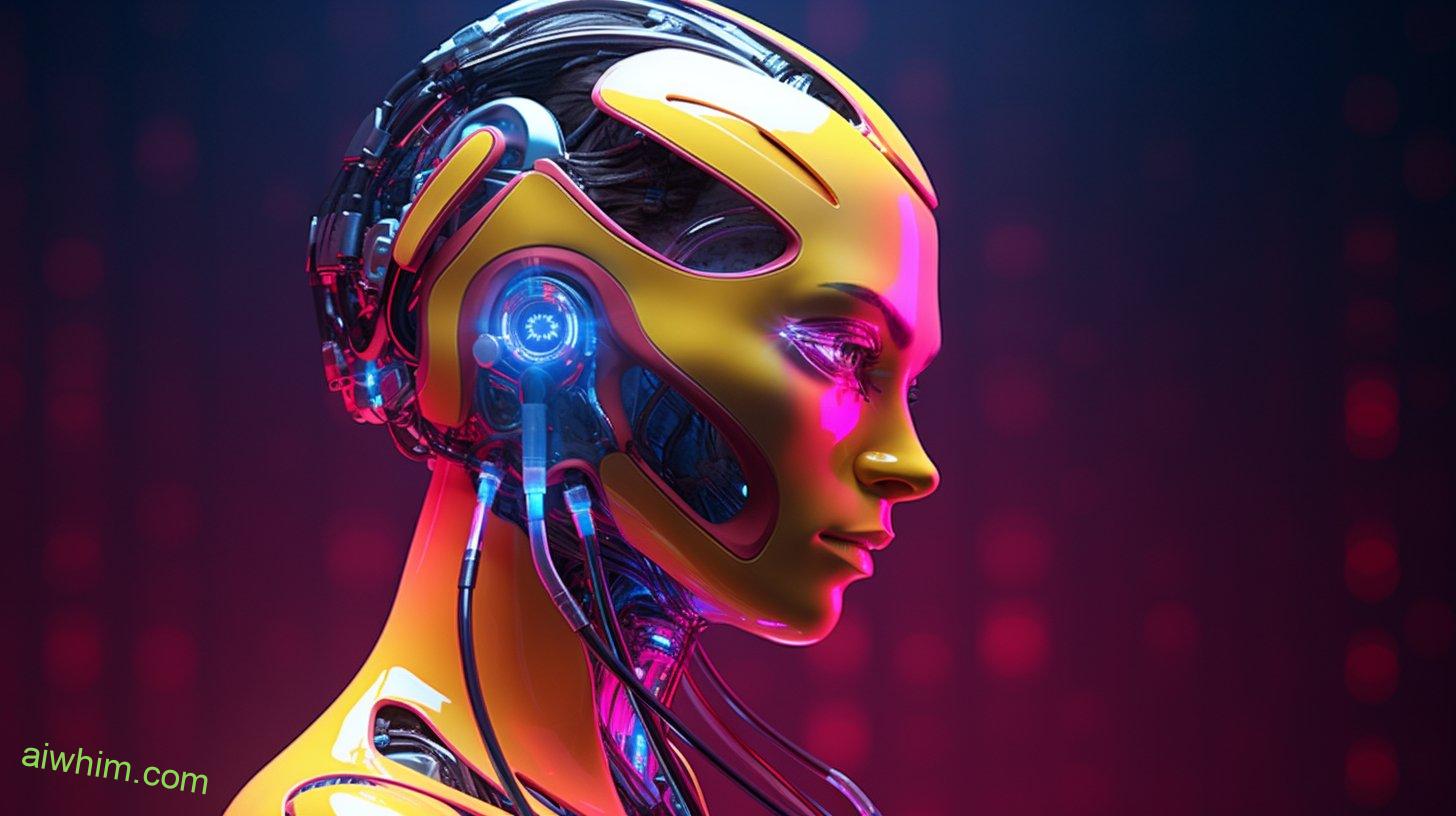
Challenges in Implementing AI for Production Managers
As production managers embrace AI technology in manufacturing, you must confront the challenges that come with implementing AI. While AI has the potential to revolutionize industrial production, there are several obstacles that you need to overcome.
One of the main challenges in implementing AI for production managers is the fear of job displacement. Many workers worry that AI will replace them and render their skills obsolete. It’s crucial for you to address these concerns and communicate the benefits of AI as a tool to enhance productivity and efficiency, rather than replace human workers.
Another challenge is the lack of knowledge and understanding about AI among production managers. Implementing AI requires a deep understanding of its capabilities and limitations, as well as the ability to integrate it seamlessly into existing production processes. Acquiring this knowledge and ensuring that your team is properly trained can be time-consuming and costly, but it’s essential for successful implementation.
Additionally, there may be resistance to change within the organization. Some employees may be resistant to adopting new technologies or may feel threatened by the introduction of AI. It’s crucial for you to address these concerns and provide reassurance that AI won’t only benefit the organization but also enhance job satisfaction and create new opportunities for growth.
Lastly, there may be challenges related to data management and privacy. Implementing AI requires access to large amounts of data, and ensuring that this data is collected, stored, and used in a secure and ethical manner is of utmost importance. You must establish robust data governance practices to protect sensitive information and comply with relevant regulations.
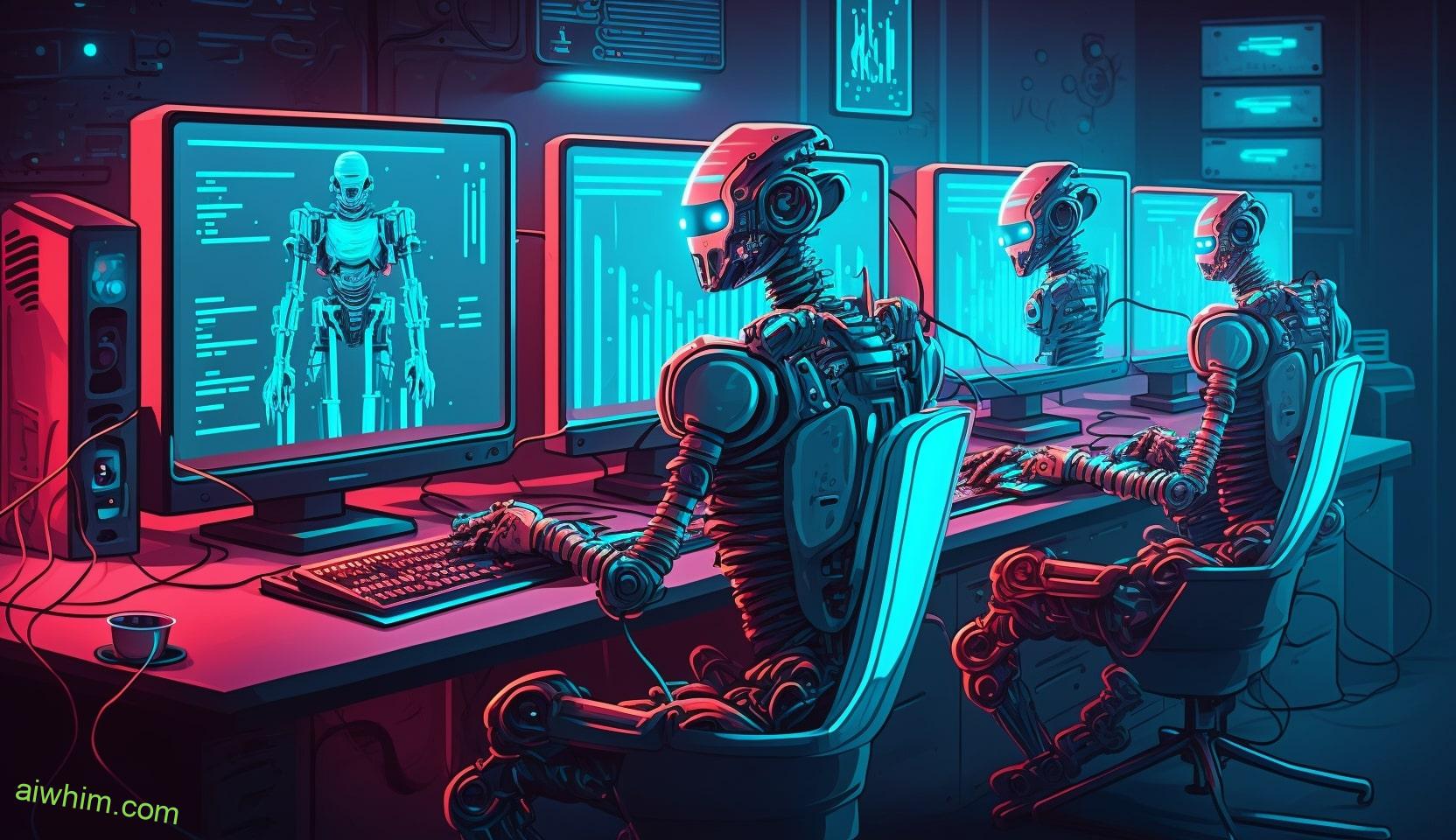
Automation and Streamlining Processes
To optimize efficiency and productivity in industrial production, automation and streamlining processes are essential components. In today’s fast-paced world, where time is money, finding ways to automate and streamline processes has become crucial for businesses. Automation benefits are abundant, from reducing human error to increasing production speed, and ultimately, improving overall profitability. By implementing automated systems, you can eliminate repetitive and mundane tasks, freeing up valuable time for your workforce to focus on more critical and creative aspects of their jobs.
Process optimization is another key aspect of automation in industrial production. By analyzing and improving workflows, you can identify bottlenecks and areas of inefficiency, leading to smoother operations and reduced costs. With the help of AI and advanced analytics, you can gather valuable data and insights to make informed decisions about process improvements. By streamlining processes, you can decrease cycle times, minimize waste, and enhance product quality.
Furthermore, automation allows for better resource allocation and utilization. By automating routine tasks, you can allocate resources more effectively and ensure that each task is completed efficiently. This not only saves time and money but also increases overall productivity.
However, it’s important to note that automation shouldn’t be seen as a replacement for human workers. Instead, it should be viewed as a tool to enhance their capabilities and improve their working conditions. By automating repetitive and physically demanding tasks, you can create a safer and more fulfilling work environment for your employees.
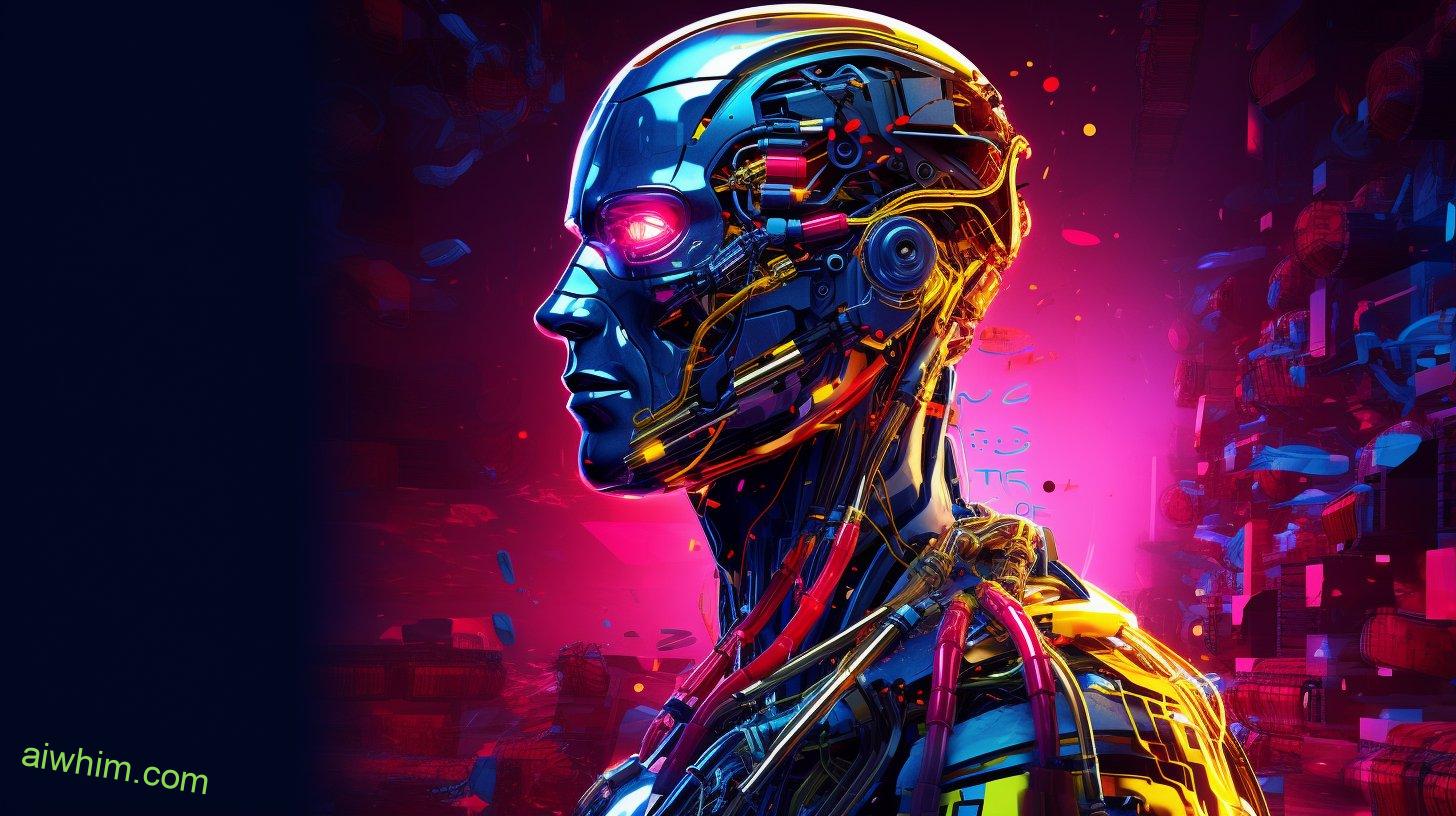
Enhancing Data-driven Decision Making
Automation and streamlining processes have laid the foundation for enhancing data-driven decision making in industrial production. With the advent of advanced technologies and artificial intelligence, the ability to analyze large amounts of data and make predictive models has become a reality. This has empowered industrial production managers like you to make more informed decisions that drive efficiency, productivity, and profitability.
Here are three ways in which data-driven decision making is being enhanced in industrial production:
- Data analysis: By leveraging powerful data analysis tools and techniques, you can now gain deeper insights into the performance of your production processes. This allows you to identify inefficiencies, bottlenecks, and areas for improvement, ultimately leading to better decision making. With the ability to collect and analyze real-time data, you can make more agile and proactive decisions that optimize production output.
- Predictive modeling: By utilizing predictive modeling techniques, you can anticipate future outcomes and make proactive decisions that mitigate risks and maximize opportunities. By analyzing historical data and identifying patterns, you can develop models that forecast production demand, identify maintenance needs, and optimize resource allocation. This empowers you to make data-driven decisions that optimize production planning and drive operational excellence.
- Improved decision-making agility: With the integration of AI and advanced analytics, you can now access real-time data and insights at your fingertips. This enables you to make decisions quickly and effectively, without being constrained by manual data collection and analysis processes. The ability to access timely and accurate information empowers you to respond to market changes, customer demands, and production challenges with agility and flexibility.

Impact of AI on Job Displacement
How will AI affect the displacement of jobs in industrial production? This is a question that many people in the industry are asking, and it’s a valid concern. While AI has the potential to automate certain tasks and streamline processes, there’s also the fear that it could lead to job losses.
However, it’s important to note that AI isn’t solely a threat to jobs. In fact, it has the potential to create new job opportunities. As AI technology advances, there will be a growing demand for skilled workers who can develop, implement, and maintain these systems. This means that while some jobs may be displaced, new jobs will also be created.
Of course, the transition to AI implementation isn’t without its challenges. One of the main challenges is the need for workers to adapt and acquire new skills. As AI takes over certain tasks, workers will need to upskill or reskill in order to remain relevant in the job market. This may require additional training or education, but it also presents an opportunity for personal and professional growth.
Another challenge is the potential for job displacement in certain industries or sectors. For example, repetitive and routine tasks are more likely to be automated, which could lead to job losses for workers in those areas. However, this also means that workers can focus on more complex and creative tasks that require human ingenuity.
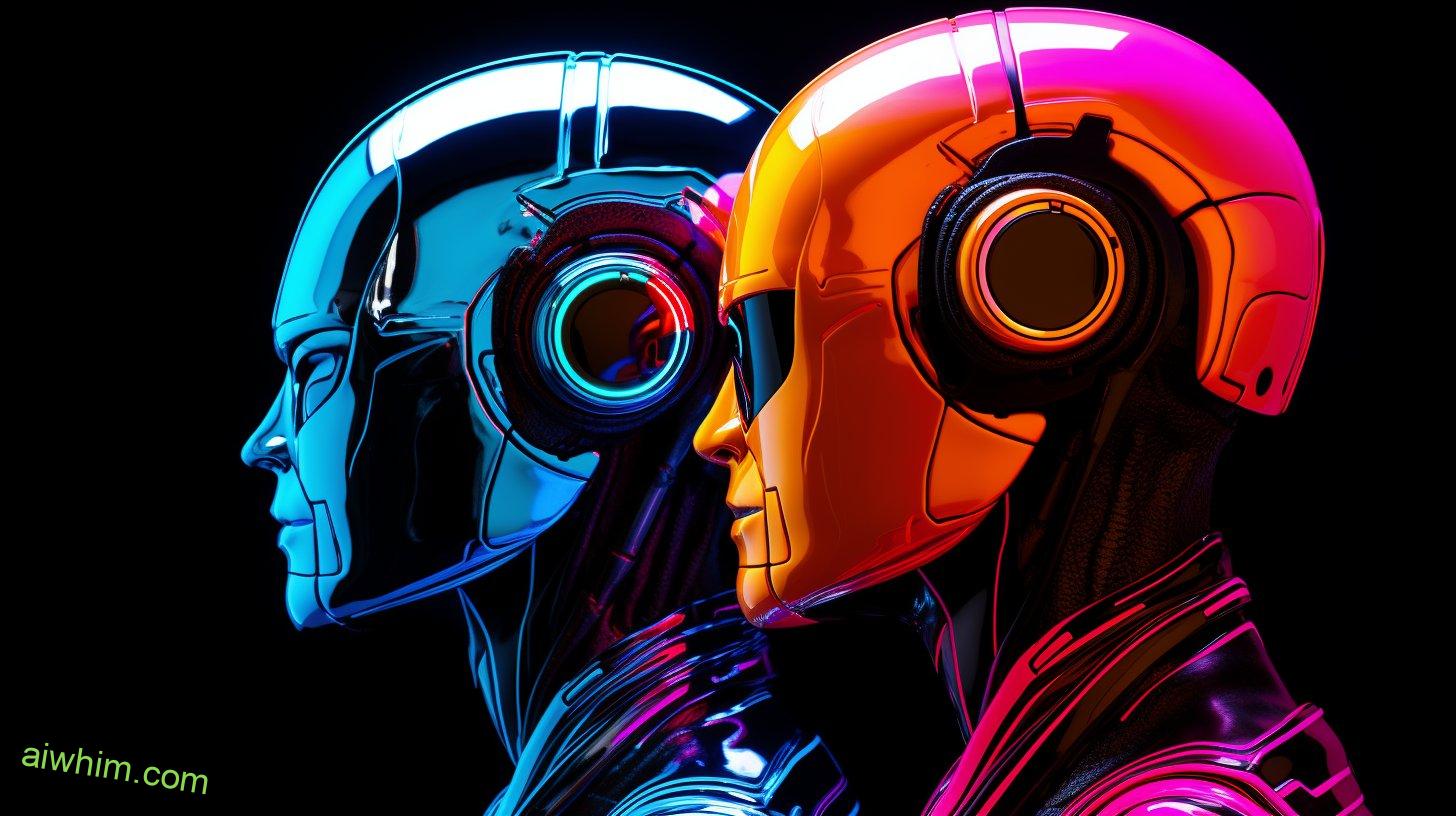
The Need for Human Expertise in Industrial Production
Human expertise remains essential in industrial production despite advancements in AI technology. While AI has revolutionized many aspects of the manufacturing industry, there are certain areas where human input and collaboration with machines are crucial.
Here are three reasons why human expertise is still needed in industrial production:
- Problem-solving skills: Humans possess unique problem-solving abilities that AI can’t replicate. Industrial production often involves complex challenges that require critical thinking, creativity, and adaptability. Human experts can analyze situations, identify issues, and develop innovative solutions that optimize production processes. AI, on the other hand, relies on algorithms and predefined rules, limiting its ability to think outside the box.
- Decision-making capabilities: Making informed decisions is a fundamental aspect of industrial production management. Human experts bring their experience, intuition, and contextual knowledge to the table, enabling them to make strategic decisions that align with the company’s goals. AI can provide data-driven insights, but it lacks the ability to consider broader business objectives and make decisions based on a holistic view of the production process.
- Collaboration and communication: Effective collaboration between humans and machines is vital for successful industrial production. Human experts can understand and interpret the output generated by AI systems, ensuring accurate analysis and implementation. They can also communicate with other team members, stakeholders, and customers, facilitating a seamless flow of information and feedback. This human-machine collaboration fosters productivity, efficiency, and continuous improvement.
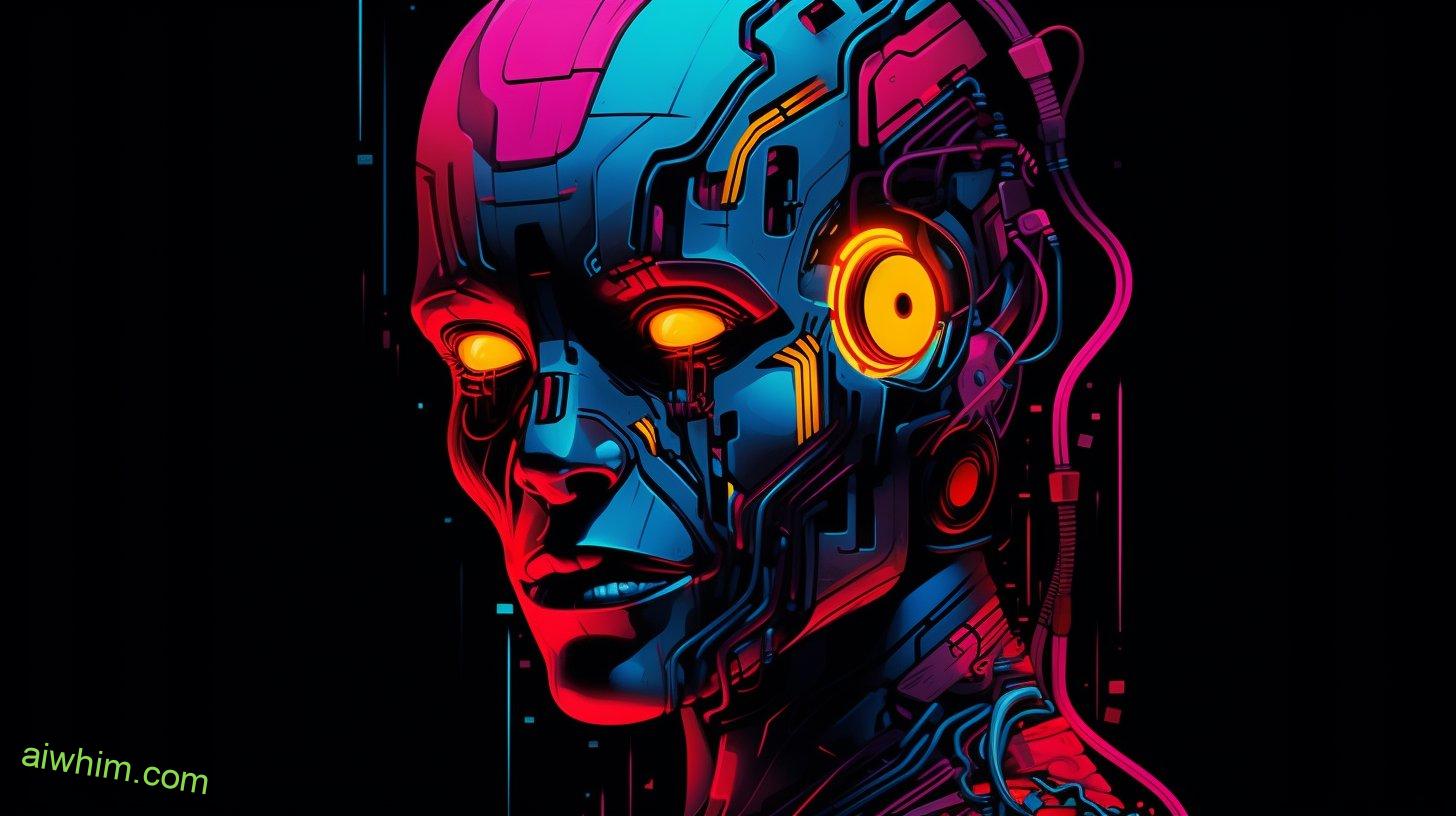
Ethical Considerations in AI Implementation
Implementing AI in industrial production raises important ethical considerations that must be addressed. As we venture into a future driven by automation and artificial intelligence, it’s crucial to consider the ethical implications of these technologies. Responsible AI implementation requires us to examine the potential impact on workers, society, and the environment.
One ethical concern is the potential displacement of human workers. While AI can streamline processes and increase efficiency, it may also lead to job losses. As an audience that desires freedom, it’s important to ensure that the implementation of AI doesn’t result in widespread unemployment or inequality. Companies must prioritize retraining and upskilling programs to assist workers in transitioning to new roles.
Another ethical consideration is the transparency and accountability of AI systems. As AI algorithms become increasingly complex, it becomes crucial to understand how decisions are being made. This is particularly important in industrial production, where AI systems may have the power to make critical decisions that affect the quality and safety of products. Companies must ensure that AI systems are explainable and auditable, allowing for scrutiny and accountability.
Responsible AI implementation also necessitates addressing biases in AI algorithms. AI systems are trained on vast amounts of data, which can inadvertently perpetuate existing biases and discriminatory practices. Companies must take steps to identify and mitigate these biases to ensure fair and unbiased decision-making.
Furthermore, the environmental impact of AI implementation shouldn’t be overlooked. The increased use of AI technologies may lead to a surge in energy consumption and electronic waste. It’s essential for companies to consider the sustainability aspect and implement AI systems that minimize their carbon footprint.

Strategies for Successfully Integrating AI in Manufacturing
To successfully integrate AI in manufacturing, it’s crucial to develop clear objectives and a comprehensive implementation plan. This will ensure a smooth transition and maximize the benefits of AI technology in your manufacturing processes.
Here are some strategies to help you effectively integrate AI into your manufacturing operations:
- Embrace a collaborative approach: Engage your employees at all levels and involve them in the decision-making process. Encourage them to share their insights, concerns, and ideas regarding the integration of AI. This collaborative approach won’t only foster a sense of ownership but also lead to innovative solutions.
- Start small and scale up: Begin by identifying specific areas or processes where AI can make the most significant impact. Implement AI solutions in a controlled environment and evaluate their performance. Once you have gained confidence and achieved positive results, gradually expand the integration to other areas of your manufacturing operations.
- Invest in training and upskilling: AI implementation requires a workforce that’s equipped with the necessary skills and knowledge to work alongside AI systems. Provide training programs and opportunities for your employees to learn and adapt to the new technologies. This won’t only enhance their job satisfaction but also enable them to work more effectively with AI, ultimately improving overall productivity.
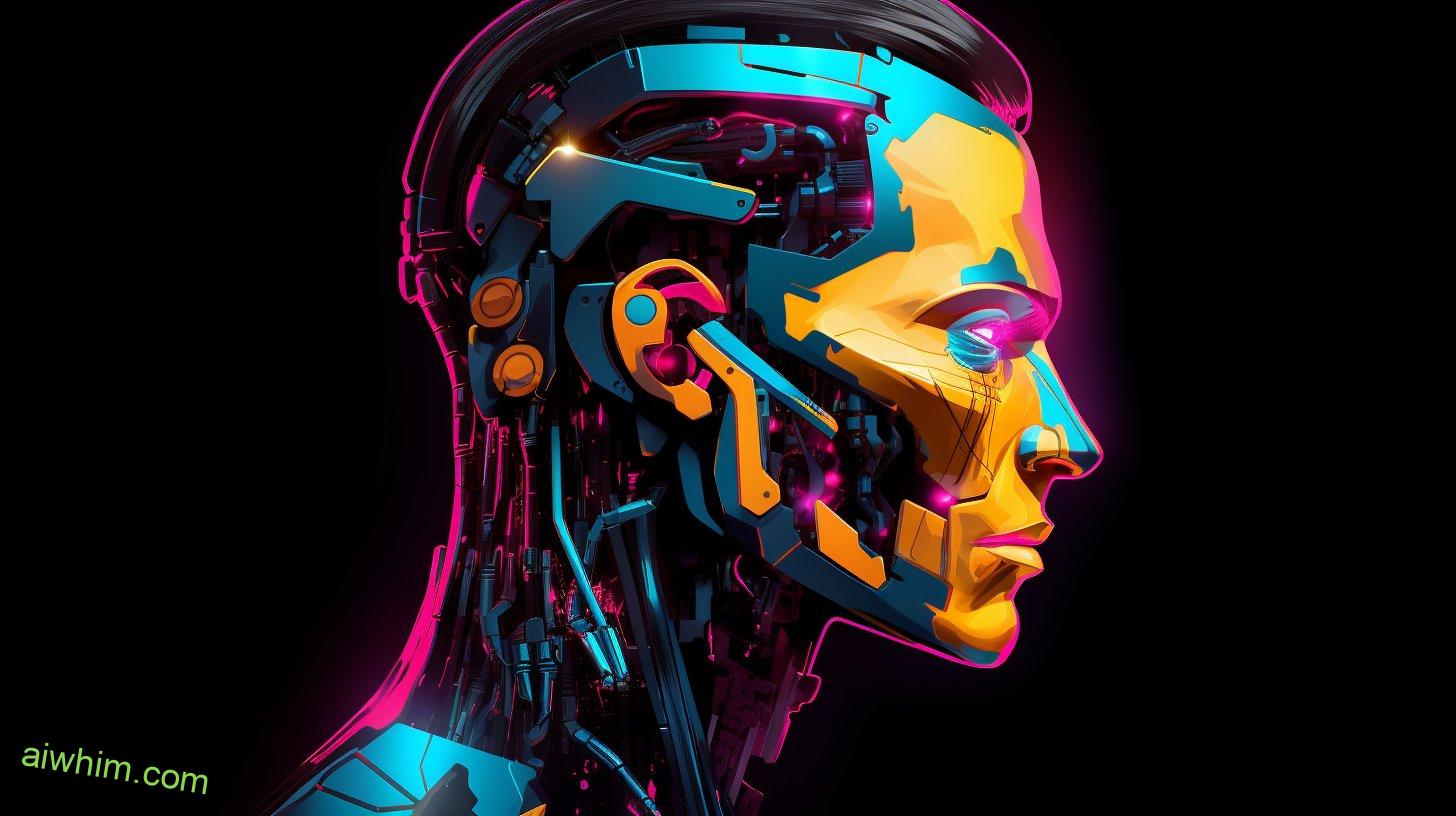
Training and Upskilling for Industrial Production Managers
Industrial production managers must prioritize training and upskilling to effectively navigate the evolving landscape of AI integration in manufacturing. As the role of AI continues to expand in the industry, it’s crucial for industrial production managers to stay ahead of the curve and embrace new technologies. Upskilling programs can provide the necessary knowledge and skills to adapt to the changing demands of the job market.
To ensure future job prospects, industrial production managers need to actively seek out upskilling programs that focus on AI and related technologies. These programs can help them develop a deeper understanding of AI and its applications in manufacturing. By gaining expertise in areas such as data analysis, automation, and machine learning, industrial production managers can enhance their decision-making abilities and optimize production processes.
Upskilling also allows industrial production managers to better collaborate with AI systems and machines. By familiarizing themselves with AI algorithms and programming languages, they can effectively work alongside AI technologies to improve productivity and efficiency. This not only benefits the manufacturing processes but also creates opportunities for innovation and growth.
Furthermore, upskilling can open doors to new career opportunities. With the rapid advancement of AI, there’s a growing demand for professionals who can effectively manage and integrate AI systems in manufacturing. By acquiring the necessary skills through upskilling programs, industrial production managers can position themselves for future leadership roles in the field.

As an industrial production manager, successfully navigating the future of your role will require a thorough understanding of how to effectively leverage AI technologies in manufacturing. With the rapid advancement of artificial intelligence, integrating AI into your production processes can revolutionize the way you manage and optimize operations. Here are three key areas where AI can greatly benefit industrial production management:
- AI for quality control: Implementing AI technologies like machine vision systems can enhance your quality control processes. These systems use advanced algorithms to analyze visual data in real-time, detecting defects and anomalies with higher accuracy and speed than human inspectors. By leveraging AI for quality control, you can minimize product defects, reduce waste, and ensure consistently high product standards.
- AI for predictive maintenance: Traditional maintenance practices are often reactive, leading to unexpected breakdowns and costly downtime. However, AI-powered predictive maintenance can help you shift from reactive to proactive maintenance strategies. By analyzing historical data, sensor readings, and machine learning algorithms, AI can predict equipment failures and recommend maintenance actions before major issues occur. This proactive approach not only minimizes unplanned downtime but also extends the lifespan of your machinery, reducing maintenance costs in the long run.
- AI for process optimization: AI technologies can analyze vast amounts of data from production processes, identifying patterns and optimizing operations for increased efficiency. By monitoring various parameters in real-time, AI algorithms can identify bottlenecks, suggest process improvements, and even autonomously adjust production settings. This enables you to streamline production, reduce cycle times, and maximize resource utilization.

Frequently Asked Questions
What Are the Potential Risks and Downsides of Implementing AI in Industrial Production?
You should be aware of the potential risks and downsides of implementing AI in industrial production. Ethical concerns and the impact on the workforce are important factors to consider before making any decisions.
How Can Industrial Production Managers Ensure the Security and Privacy of Sensitive Data When Using AI?
To ensure data security and privacy protection, you should implement robust encryption protocols, regularly update security measures, and restrict access to sensitive information. Safeguarding your data is crucial in maintaining trust and protecting your customers’ privacy.
What Are the Key Factors to Consider When Selecting an AI Solution for Manufacturing?
When selecting an AI solution for manufacturing, it’s important to consider ethical considerations and integration challenges. You want to ensure that the technology aligns with your values and seamlessly integrates into your existing systems.
How Can AI Be Used to Improve Supply Chain Management in Industrial Production?
You can improve efficiency and enhance decision making in supply chain management by utilizing AI. AI can help streamline processes, optimize inventory levels, and predict demand, ultimately leading to a more effective and profitable industrial production.
What Are the Long-Term Implications of AI on the Role and Responsibilities of Industrial Production Managers?
The long-term implications of AI on your role as an industrial production manager include AI’s impact on decision making and its role in transforming the workforce. It brings uncertainty and potential opportunities for growth.

Conclusion
Congratulations on completing the article!
As an industrial production manager, embracing AI is crucial for staying competitive in the uncertain future. Despite challenges and ethical considerations, integrating AI can streamline processes, enhance decision-making, and revolutionize the manufacturing industry.
Remember, ‘Don’t put all your eggs in one basket.’ Embrace AI, adapt, and continue to learn and evolve to ensure a successful future in industrial production management.







